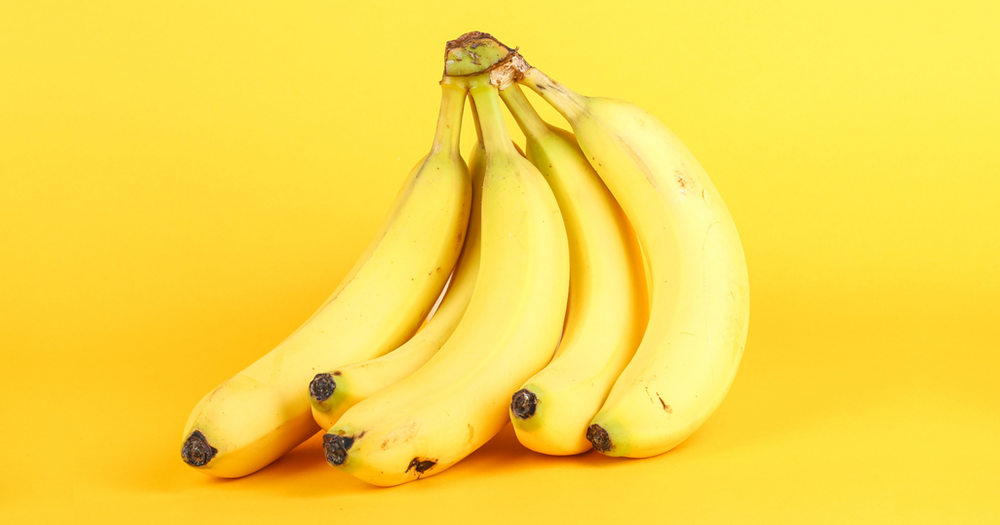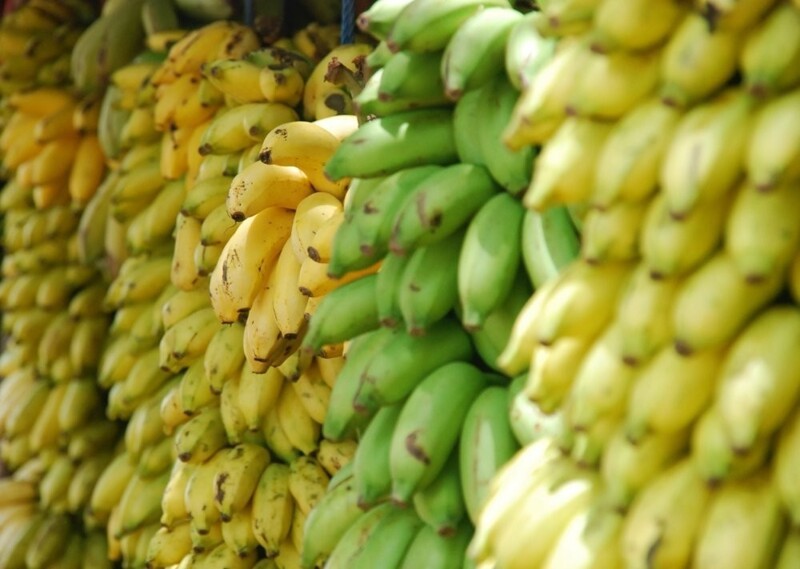Scientists have created a "super banana" that will save millions of children's lives (2 photos)
Scientists with the support of the Bill and Melinda Gates Foundation created genetically modified "super banana", which contains significantly more nutrients, especially vitamin A. 
For hundreds of years, the poor countries of Africa and Southeast Asia suffer from vitamin A deficiency, which slows growth in children, causes blindness and significantly reduces their resistance to lethal, but curable diseases such as diarrhea and measles. According to the World health care organizations, 190 million preschool children in around the world are deficient in vitamin A, and in Africa alone 6% deaths in early childhood are due to malnutrition. Luckily cheap. and an effective solution to the problem of malnutrition and, in particular, deficiency vitamin A may appear in the near future…
Uganda is one of several African countries struggling with malnutrition, but it may be the source of a cure for this mora. A team of researchers from the National Agricultural African Research Laboratory in collaboration with Australian agricultural scientist James Dale and the Bill & Melinda Foundation Gates created a genetically modified banana that contains everything essential nutrients to fight malnutrition. 
The Banana21 project was launched in 2005, and after 18 years investments - the Bill and Melinda Gates Foundation alone has invested 11 million dollars - of hard work and failed attempts, scientists have finally created a banana that could save millions of children's lives. Cases when banana trees have been genetically modified to better resist pests, fungus or drought are well known, but this the first time we managed to change the banana as a dietary supplement for people.
According to National Geographic, the super banana is ready for cultivation, but scientists are still waiting for approval from the local government. Unfortunately, this can be a major hurdle given the strong opposition to the cultivation of genetically modified foods in Uganda. Such crops are currently strictly prohibited. Let's hope that lawmakers will follow the example of their Kenyan counterparts, who recently lifted a ten-year ban on GM crops.
Fortunately, the problem of vitamin A deficiency has virtually disappeared in economically developed countries thanks to food additives.






























